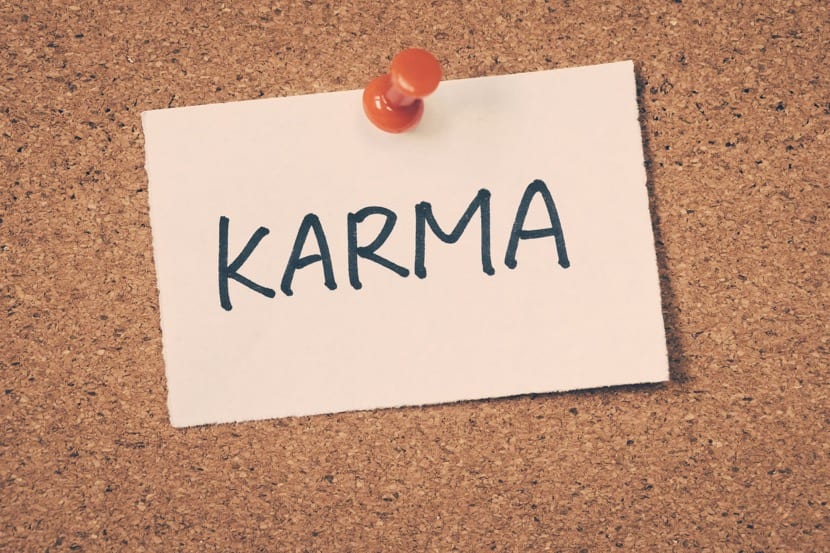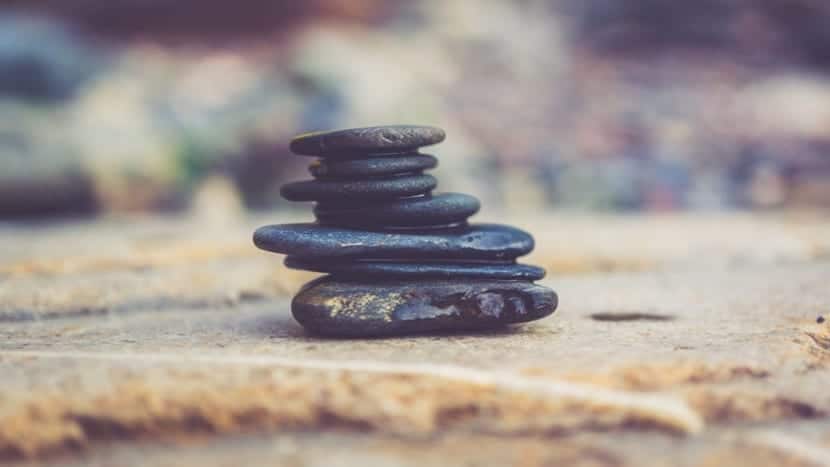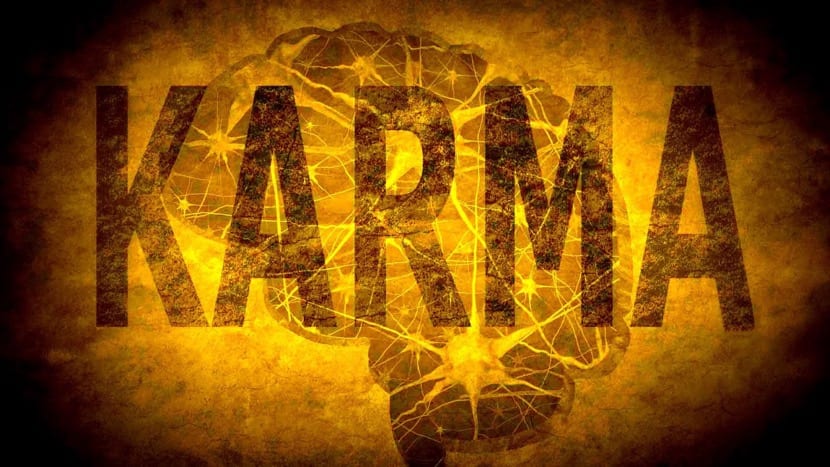
It is possible that you have ever been told the typical phrase: "what you sow, you will reap", or "you will reap what you grow." He's actually quite right, and karma is headed for this. Karma is a confusing topic for many, since the concept itself stems from many traditions, including Buddhism, Hinduism, Jainism, Taoism, Shintoism, and more.
But what is Karma and how does it affect us in our practice and daily life? We are going to answer this question so that you understand what it is and how it affects you.
Karma and Vipaka
The word karma comes from the Sanskrit language, an ancient Indian language. Buddhist texts were originally written in the Pali language, where the word is kamma. As the prominent academic monk Thanissaro Bhikkhu points out, karma can be understood as "action," but there really is no word to define karma. One of the important pieces to understanding it is understanding karma as intentional actions. or actions that we voluntarily take.
The other piece of karma that is often overlooked is that kamma is just one piece of the puzzle. The whole picture is kamma-vipaka. Vipaka is the result of intentional action. That is, we take some intentional action (karma) and we have a result of the action (vipaka). We often use the word karma to encapsulate both pieces, but understanding the meaning of the two terms can help us define and understand karma. In its most basic form, it is the teaching that our intentional actions have consequences. Karma is often referred to as the typical "cause and effect."

What is not
The common misunderstanding is that karma is direct and linear. This occurs when a person associates something bad that happens to them with karma in their life. That is, maybe a person thinks that if he does something bad, that "bad guy" will turn against him, for example, if in traffic a person prevents others from going faster, karma will return it to him and the same thing will happen to him. to him for having done it before. Although this may be true for other reasons, this is not how karma works in Buddhist understanding.
Many people believe that karma works in the following way: if we do something to someone, that someone will give it back in the future. An example to understand it better is the lie. If I lie to you about something, karma is not necessarily someone else lying to me. There are many effects in this action, and lying to yourself again doesn't have to be one of them.
To better understand the example of lying: First, you would be cultivating a mind inclined towards dishonesty. When you lie, it may be easier to lie in the future. When you lie to another person, you are also cultivating a relationship that is not open and honest. Finally, you must sleep with yourself and with your conscience. You can deal with guilt, aversion, or another form of suffering. There are also more concrete effects that can emerge. You may end up having to repair the lies or cover up with more lies, generating anxiety about not being discovered.

Good karma and bad karma
Many people want to know what is good karma and what is bad karma, without realizing that it is a black and white understanding of the teaching. Karma is relative and it is not only separated between good and evil. When you do something or say something, it may not always be 100% good or bad. Sometimes we do things that we initially think are good, but later we realize that they have not been like that and make us feel difficult emotions.
The idea of good karma and bad karma really does not serve us. We get stuck in still views around this and put things in simplified boxes. Instead, we can tune in to the experience of karma and how it affects us. When we behave in a way that perpetuates suffering, we notice it and work to behave differently. When we act in a way that perpetuates liberation, we also acknowledge it without grasping and appreciating it.. We can put aside the idea of "good" and "bad" in relation to karma and instead use it as practice.

Practice karma
The first step towards using karma as a practice is to investigate what it means to you. Can you see how your actions impact your future choices and behaviors? What is your experience of cause and effect in your life? This reflection may make you need some time to arrive at the answer.. Like many things with practice, we need to remember and acknowledge.
Often people, we forget that our actions have consequences, and taking karma as a practice can mean reminding ourselves of this truth. We can see it in mindfulness practice, observing the way the mind functions and responds to experience. We can use the knowledge gained from formal meditation practice to help us in our daily lives.

To use karma you can observe your experience in difficult moments and in moments of happiness. In the difficult ones, see what it is that has taken you to that point. Sometimes there are causes and conditions that were beyond your control. You do not choose the family in which you are born, nor the genetics or how another person behaves with you. Instead, you can see how your voluntary actions and decisions lead you to where you are now. This can serve as a self-criticism work and improve what makes you feel bad in your day-to-day life.
There is no cosmic law that makes karma "give you back" the bad things you do in bad things. It is your own decisions and actions that somehow originate the things that happen to you now and in the future. You will feel about the actions you take and you will suffer more or less depending on whether you have a clear conscience or not.